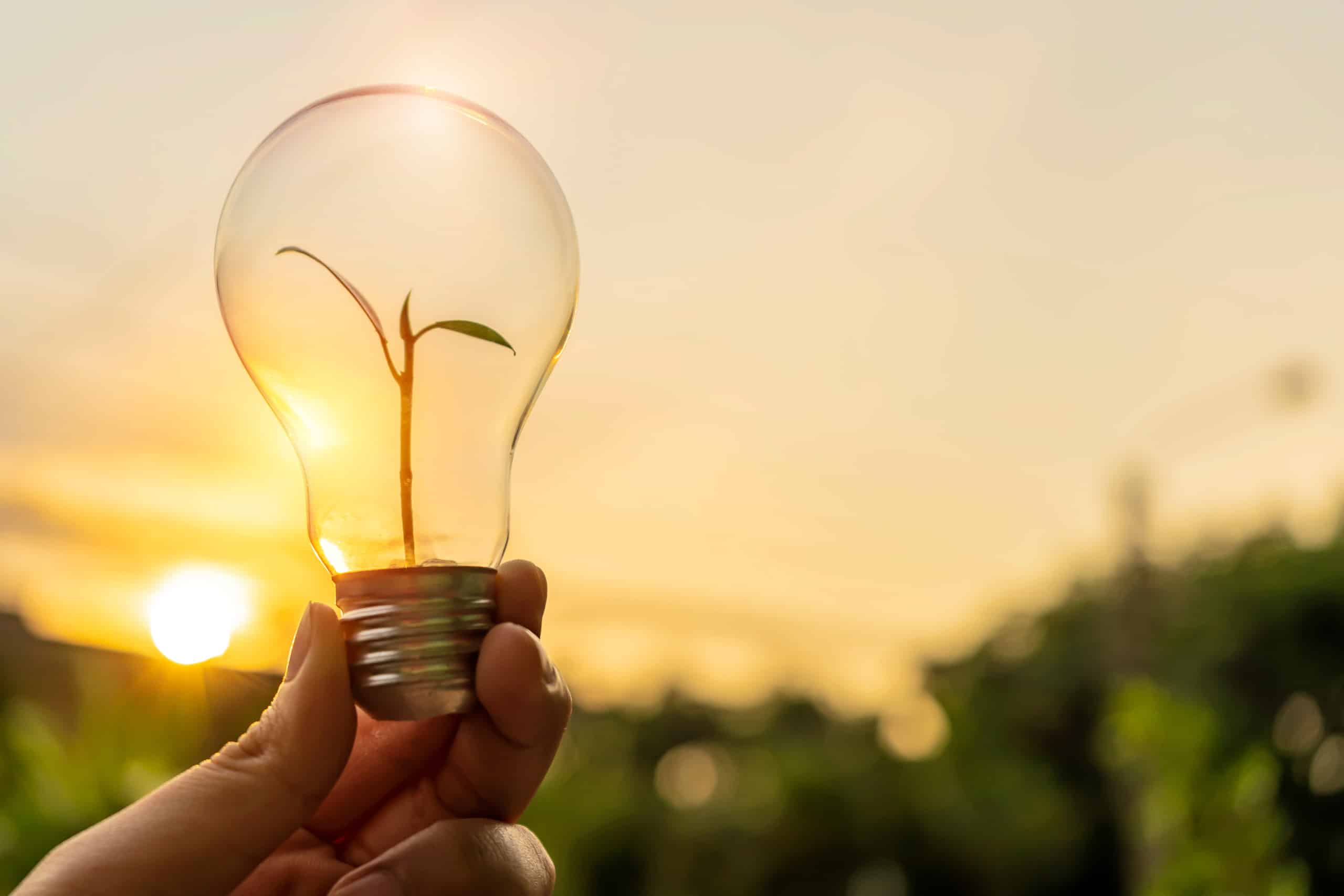
The importance of clean energy and a healthy environment is everywhere nowadays. The average person is likely to encounter at least one campaign advocating for green practices through content on social media, advertisements, or even through their school or work. Vocabulary like conservation, sustainability, and efficiency are used repeatedly and often interchangeably. However, to truly grasp the goals of ecological movements and campaigns, understanding what each one means can come in handy. In light of new information surrounding green energy and sustainable practices, people around the globe are fighting to be part of the conversation. So what is the difference? And how can one get the most out of their conservation, sustainability, and efficiency efforts?
Conservation
Conservation in the context of energy and environmental movements refers to the actions that reduce energy consumption and, over time, reduce or eliminate waste—for example, taking shorter showers, turning off the lights when you leave a room empty, and turning off the faucet when you brush your teeth. By conserving the available energy, you can avoid overconsumption and save water, fossil fuels, natural gas, or other forms of energy that would have otherwise gone down the drain without being put to good use.
Sustainability
Sustainability can be defined as practices that ensure the longevity and accessibility of the resources used over time. For example, a fishing company that considers the fishes’ migratory patterns and mating seasons to avoid overfishing and ensure the survival of enough fish for generations to come is implementing sustainable practices. Similarly, clothes manufacturers who use materials derived from renewable resources, like wool, cotton, or linen, can produce clothing that is less damaging to the environment, especially when the item reaches the end of its life and likely end up in a landfill. Natural fibers ensure new fibers can be grown using eco-friendly practices. This ensures they have enough new plants to produce the clothes needed to sustain their business while continuing to create a biodegradable product, unlike synthetic fibers like polyester and nylon, which can take years, even centuries, to decompose entirely.
Efficiency
Scientifically, efficiency is defined as the practice of using resources in such a way that you get the maximum output with the minimum input possible. For example, a car that gets 40-50 miles per gallon is much more efficient than a car that only gets 10-20 miles per gallon. In the end, both vehicles can likely drive the same distance. However, the first will do so using much less energy. Efficiency is important because it can motivate people to improve the systems they have to save money, time, and resources, improve technology and standard practices, and lend a helping hand to the environment in the process.
For more information on energy conservation, sustainability and efficiency, visit Watt Watchers and Smart Energy Education. And don’t forget to follow the Smart Energy Education Facebook page for updates on all our projects, scholarship opportunities, blog posts and more!
We'd love to help answer any questions and help you get started! Drop us a line and we'll get back to you as soon as we can.
Watt Watchers of Texas
204 E. Dean Keeton Street, Austin, Texas 78712
contact@watt-watchers.com
Nos encantaría contestarle cualquier pregunta que tenga y ayudarle empezar! Envíenos un mensaje y nos pondremos en contacto con usted lo antes posible.
Watt Watchers de Texas
204 E. Dean Keeton Street, Austin, Texas 78712
contact@watt-watchers.com